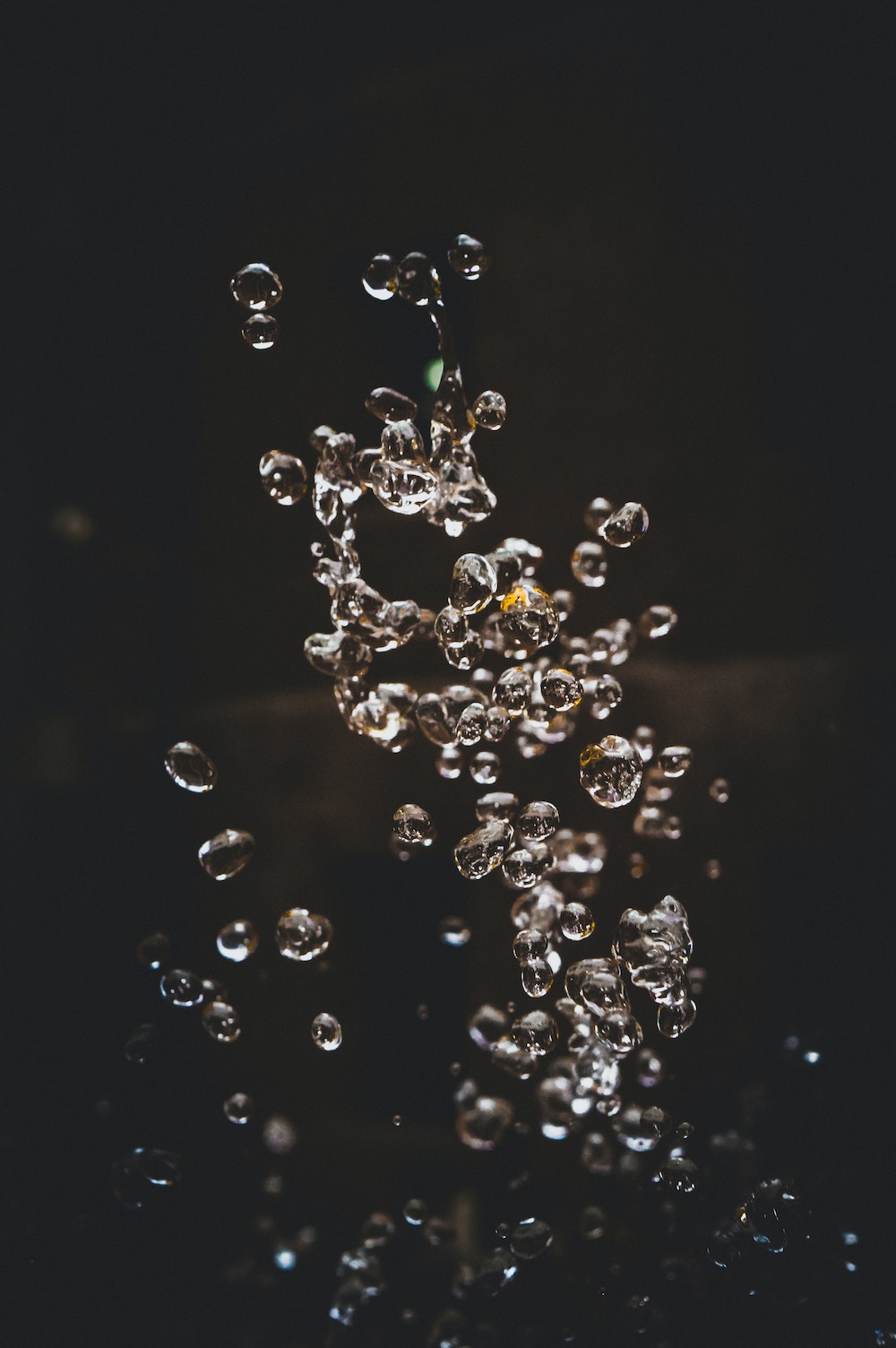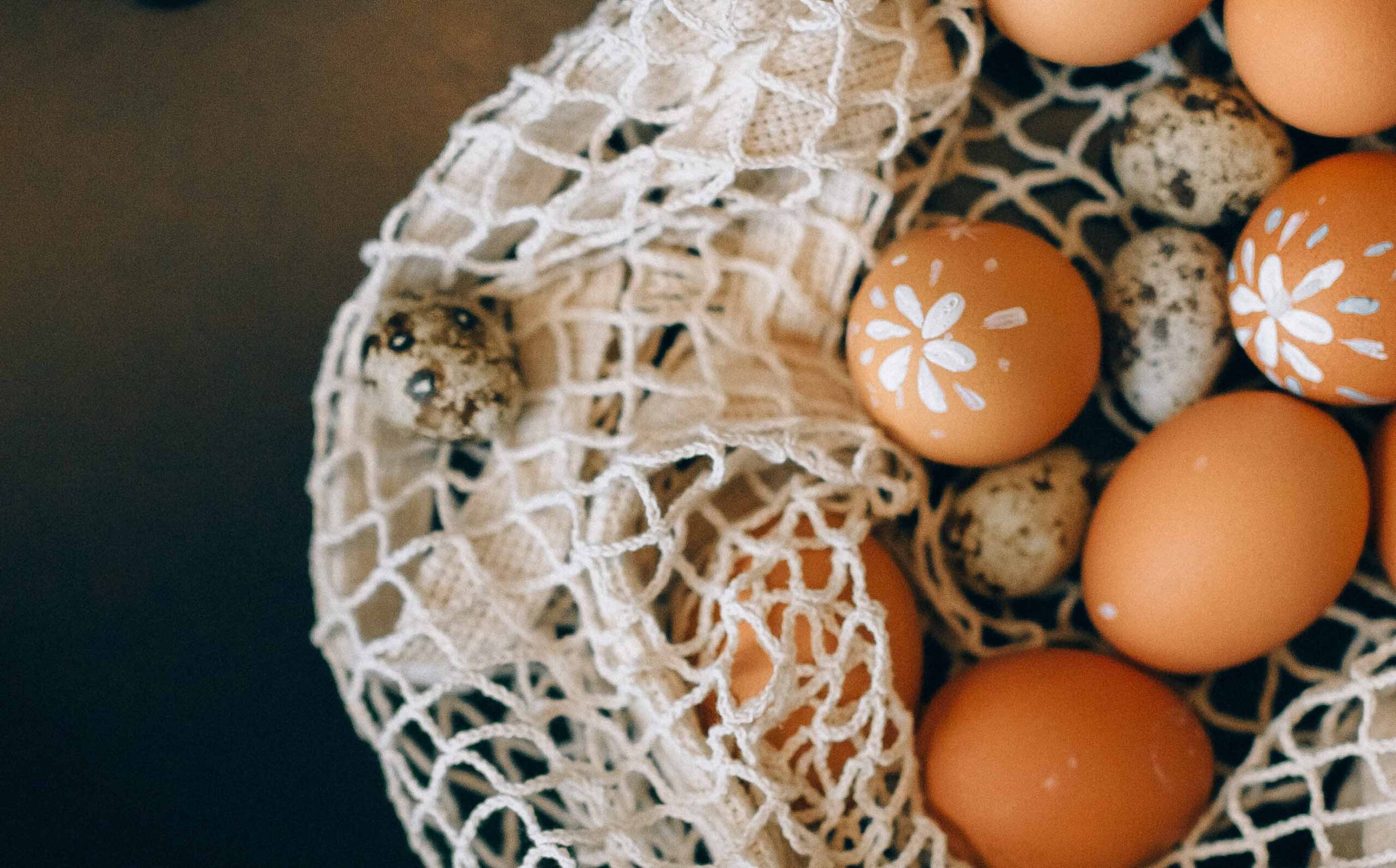Have you ever wondered what is actually happening in your body every month during your cycle? Or how your periods happen? Periods and the menstrual cycle are discussed much more now than they ever used to be, but it can be very confusing. Recently, we have been talking about the different phases of the menstrual cycle and what happens in our bodies during each phase. Today we will complete the cycle by talking about the luteal phase.
If you missed the first articles about the menstrual phase you can find the one on menstruation here, the one about the follicular phase here, and the last one about ovulation here.
If you read the last article and don’t want a repetition of what the menstrual cycle is, you can skip forward to the part called “The luteal phase”
What is the menstrual cycle?
The menstrual cycle is the cycle of hormones that control our periods (and lots of other things in our bodies)
The main hormones involved are:
- estrogen,
- progesterone,
- luteinizing hormone (LH) and
- follicle stimulating hormone (FSH).
LH and FSH are produced in our brain and then travel through the blood to the ovaries. The ovaries produce estrogen and progesterone. The interaction between these hormones is what controls ovulation (when the ovaries release an egg) and our periods.
The menstrual cycle is what allows us to become pregnant. Our bodies “get ready” for a pregnancy each month and then if there is no pregnancy, we have our period and the cycle starts again.
Of course, contraception (birth control) interrupts this cycle. This is how it stops us from getting pregnant. We aren’t going to talk about contraception today but if you are interested then check out this article.
What are the different phases of our menstrual cycle?
The menstrual cycle can be divided in various ways. This depends on whether you are looking at what is happening in the uterus (womb) or the ovaries. The different names for the different phases can get very confusing and very ‘medical’ so we are going to try and avoid that.
Generally, the menstrual cycle can be divided into two halves:
- the follicular phase and
- the luteal phase.
There are also two ‘events’:
- menstruation (your period) and
- ovulation
It is very important to remember that everyone is different. There is a ‘textbook’ explanation of the menstrual cycle but not everyone will experience this. To explain the cycle I will use an example cycle that is 28 days long.
Any cycle between 21-35 days in length is considered ‘normal’. Some people have regular periods that occur at exactly the same time each month. Some people don’t. Everyone is different.
What matters is what is normal for you. Irregular periods (when you can’t predict when your period is going to start because it is random) might warrant talking to a doctor.
The luteal phase
The luteal phase follows ovulation and ends when your next period starts. It is often referred to as the “second half” of the cycle. The luteal phase is often the part of the cycle when people notice the most symptoms. These can be physical or psychological and are caused by the hormonal changes.
Hormonal changes
After ovulation, the follicle (without its egg) turns into a structure called the corpus luteum. This is what produces progesterone. Progesterone levels rise during the luteal phase and this tells the endometrium (lining of the womb) to rearrange itself to get ready for a potential baby. From the endometrium’s point of view, the luteal phase is called the secretory phase. This is because the endometrium is producing (secreting) all sorts of nutrients and good things that might be needed for an early pregnancy.
If we don’t get pregnant, the corpus luteum disappears and the progesterone levels fall. This fall in progesterone is what triggers the next period to start.
And so the cycle continues….
Because the luteal phase is dictated by how long the corpus luteum lasts, this phase is usually more constant between people. It usually lasts 14 days. Generally speaking, we ovulate approximately 14 days before our next period.
Physical changes (premenstrual symptoms)
The luteal phase is when some people experience “premenstrual symptoms”. These are the classic symptoms that people often refer to as PMS (premenstrual syndrome). You might notice you get bloated, your weight might change, your breasts might become swollen or painful or you might get headaches. You also might experience none of these things. Everyone is different. The symptoms are caused by the changing progesterone levels during the luteal phase.
During the luteal phase your cervical mucous (vaginal discharge) might become thicker and stickier.
Psychological changes
Some people experience psychological symptoms during the luteal phase. These often include changes in mood, changes in sexual desire, difficulty with sleep, or food cravings. The most common mood changes that people experience are anxiety or low mood.
The increasing progesterone during the luteal phase also increases cortisol in your body. Cortisol is one of the stress hormones and can contribute to mood changes.
You might also find that your energy levels fall during the luteal phase. This might not be the best time in your cycle to be trying to do a lot of exercise or solve difficult problems.
What can I do about my luteal phase symptoms?
I’m sure you are sick of hearing about how a healthy lifestyle can help with your hormones but it is true. Our hormones fluctuate and change each month with our cycle. This is normal. This is not a hormonal imbalance. However, if there are also other things that are feeling off-balance in your life, this can make the symptoms associated with changing hormones worse. A balanced, healthy lifestyle is the key to keeping your hormones in balance and minimising unpleasant symptoms.
A good first step is making sure you are eating a balanced diet. This doesn’t mean following a strict set of rules that some famous person has promised will solve all your problems. But it does mean trying to eat plenty of vegetables, protein, and “good fats” (from plant sources). Avoiding excess alcohol and caffeine can also be helpful. Some people find that making sure they are eating plenty of magnesium and iron-rich foods can help. Good news: good quality dark chocolate counts! Remember that everyone is different. It might take some time to work out what foods are helpful or harmful to your body.
Sleep! You’re probably also sick of hearing about how important sleep is. But it’s true, and especially if you are having trouble with premenstrual symptoms. Making time to get enough rest is really important. Lack of sleep can make hormonal symptoms much worse.
What next?
Hopefully, you now have a better idea of what is happening during your menstrual cycle. The more we know about how our bodies work then the easier it is to manage the tricky symptoms they throw at us.





